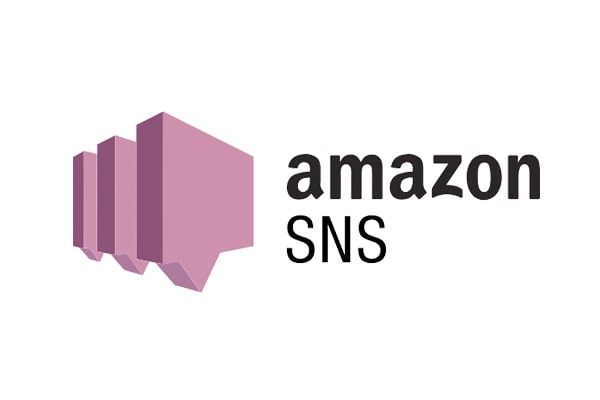AWS Leads the Cloud Infrastructure Market
Amazon Web Services (AWS) has been the leading cloud infrastructure provider. As of 2020, AWS had a market share equal to the next three cloud providers combined (Azure, Google Cloud, Alibaba Cloud). AWS has products for every category and there are some that are more widely used than others. With over 175 services, navigating AWS can be overwhelming as a beginner. To help simplify the search of which ones to learn first. Here are the most popular AWS products.
Why are These the Most Popular?
AWS and 2nd Watch partnered to determine the most popular AWS products. AWS used data from 2nd Watch clients to create this list. This is the most recently compiled data by the two companies. These 5 are in no particular order, because they were all used by 100% of the companies surveyed. I've linked tutorials to learn more and try them out for yourself.
DynamoDB
Amazon's very own key-value and document NoSQL database. You'll have automatic storage scaling, low-latency data access, and guaranteed throughput. You should use DynamoDB if you won't plan to make a lot relational queries across multiple tables.
Simple Storage Service (S3)
An object storage service. It's advantage over DynamoDB is that it's more suited for storing images and documents. Practical use cases for S3 include: data lakes, website hosting, backup and restore, and big data analytics. Be mindful of the access policies you configure. This prevents making private business data accidentally public.
Simple Notification Service (SNS)
A fully-managed publish-and-subscribe messaging service. With SNS you can perform system-to-system and app-to-person communication. Ideal if you plan to have an event-driven architecture.
Elastic Compute Cloud (EC2)
Virtual servers managed by Amazon. Very easy to get started with by choosing one of the many Amazon Machine Images (AMI). Great for hosting your applications.
AWS Key Management Service (KMS)
Helpful for anyone interested in protecting data stored in AWS. KMS makes it easy for you to create, manage and control cryptographic keys across AWS services. Securing data is very important and stricter regulation around data will only continue to grow as time goes on. This isn't one of the more exciting AWS services. Chances are that developers at a larger company developers won't directly interact or be aware of this product. Site Reliability Engineers (SREs) / Security Operations (SecOps) would be more likely to manage keys.
Conclusion
If you're new to coding and managed cloud services, these are the ones to start getting yourself familiar with AWS. If you're an experienced developer, do you feel like there's any others that are more ubiquitous than these? Is your favorite product missing? Let me know in the comments.
If you like what you've read, want to continue the discussion, or have anything else on your mind, reach out to me on Twitter.












Top comments (0)